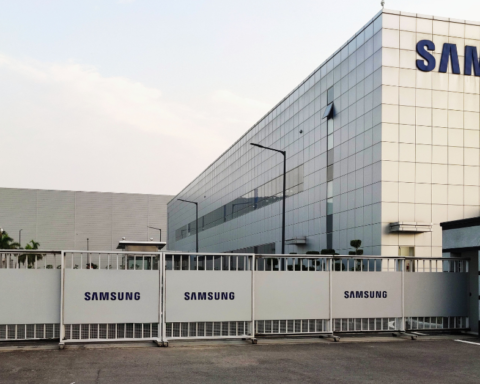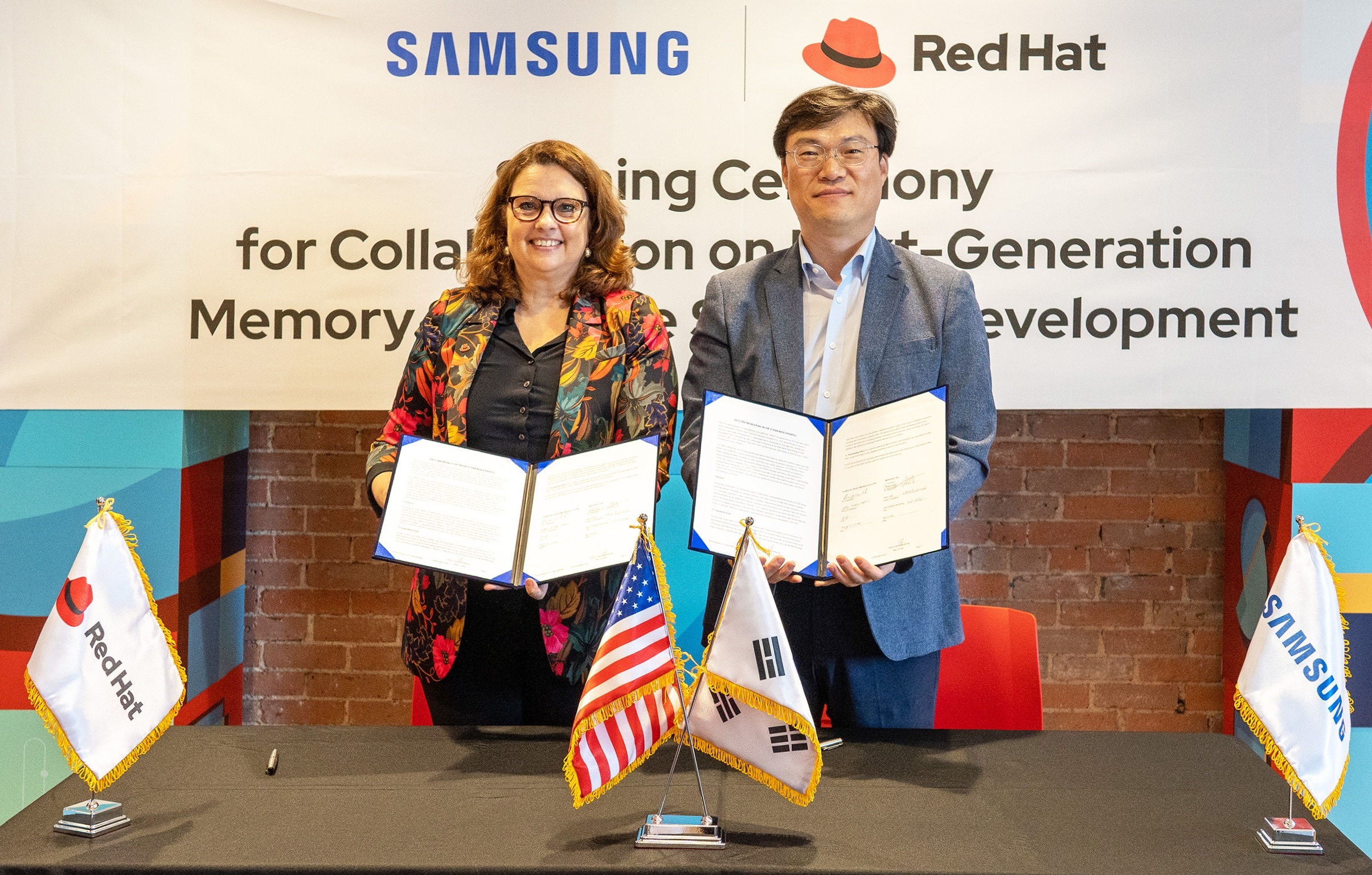NEW YORK: Samsung Electronics is taking to the Big Apple to reveal its next big challenge to Apple: a successor to its top-selling Galaxy S III smartphone.
The Korean company has rented New York’s Radio City Music Hall for an event on March 14. The company has hinted that it will reveal the Galaxy S IV phone. Judging by the announcement of the S III in last May, this means the new phone will be available in stores in a month or two.
It’s not known what the new phone will look like or how it will differ from its predecessor, but there’s speculation that Samsung will once again increase the screen size. Every successive generation of the Galaxy line has been bigger than the one before, and the S III sports a screen that measures 4.8 inches on the diagonal, substantially larger than the iPhone 5’s 4-inch screen.
In the last two years, Samsung has emerged as Apple’s main competitor in the high-end smartphone market. At the same time, it has sold enough inexpensive low-end phones to edge out Nokia Corp. as the world’s largest maker of phones.
The Galaxy line has Samsung’s chief weapon in the fight, and it has succeeded in making it a recognizable brand while competitors like Taiwan’s HTC Corp. and Korean rival LG have stumbled. Samsung has sold 100 million Galaxy S phones since they first came out in 2010. That’s still well below the 268 million iPhones Apple has sold in the same period, but Samsung’s sales rate is catching up.
Research firm Strategy Analytics said the Galaxy S III overtook Apple’s iPhone 4S as the world’s best-selling smartphone for the first time in the third quarter of last year, as Apple fans were holding off for the iPhone 5. The iPhone 5 took back the crown in the fourth quarter.
Gartner analyst Michael Gartenberg believes it won’t matter what the new Samsung phone hardware will do, because consumers have to a large extent stopped judging phones by their screen resolution or processor power. What really matters, he said, are the software and services the phone offers.
“At this point it comes down to going beyond the hardware, into the software,” he said. “Increasingly, as consumers are looking at ecosystem, beyond just the device … how the phone relates to the tablet and relates back to the computer and relates to the television set – those things become far more important over time. While Samsung has shown a tremendous capability around devices, it remains to be seen how effective their larger ecosystem story is.”
Gartenberg also said competition from other Android smartphones is increasing. For instance, HTC just updated its top-line “One” phones. Unless they’re enthralled by Samsung-specific services, Galaxy users will find it easy to switch to other Android phones, which offer the same Google services.









